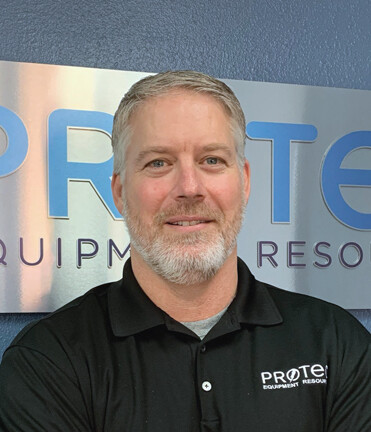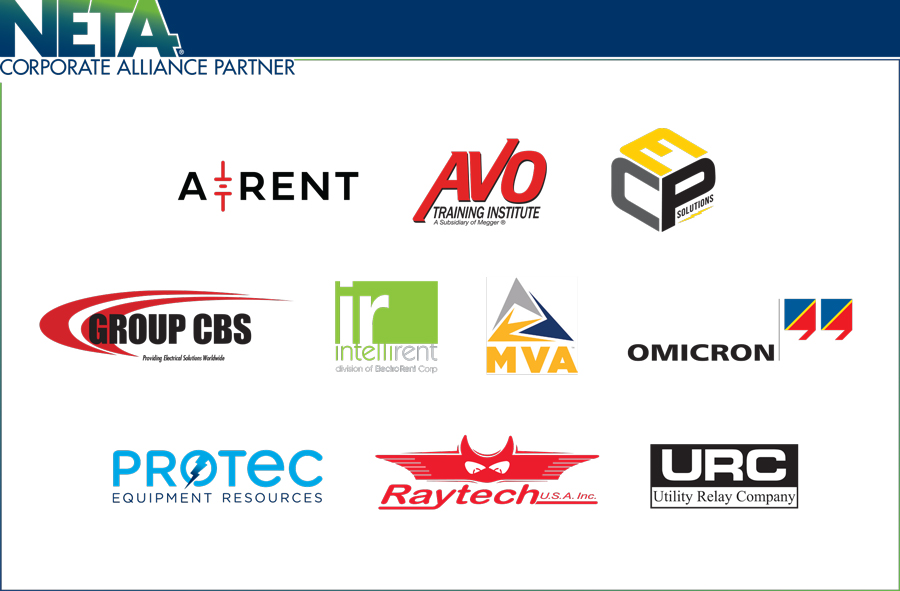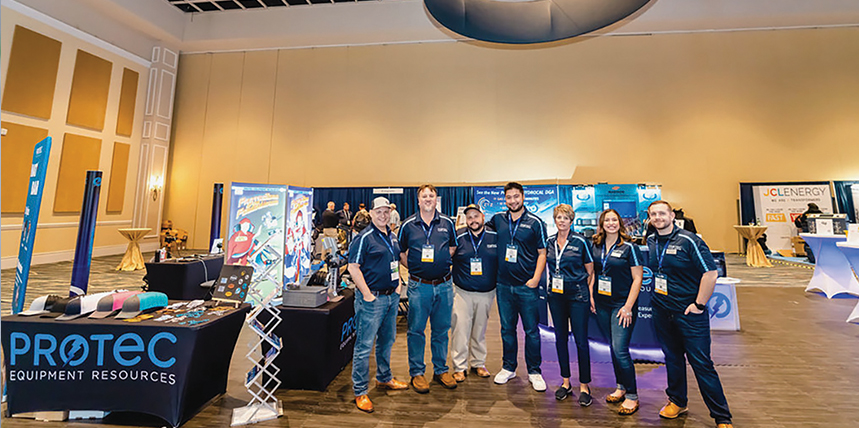
NETA’s Corporate Alliance Partners (CAPs) are industry-leading companies that have joined forces with NETA to work together toward a common aim: improving quality, safety, and electrical system reliability.
In our continuing Partner Spotlight series, NETA talks to President Jason Henry about the thought leadership and subject-matter expertise at Protec Equipment Resources. Henry spent 26 years working for a NETA company, including 15 years as a Field Service Technician; the remaining years were in leadership roles within operations. “The knowledge I acquired over the years working for a NETA company has helped me significantly with transferring into a role with Protec Equipment Resources, where I have been for the last year and a half,” Henry says.
NWJ: What are the biggest challenges facing your company right now?
Henry: The supply chain is still an issue we deal with constantly. It amazes me how fast the supply chain diminished, and how slow it is to recover.
Another challenge we face is the lack of people in the workforce who are willing to show up to a job and put in a day’s work. It seems like a majority of the available workforce want to work from home, and there are very few positions in the electrical service industry that can accommodate this.
NWJ: What are the biggest challenges facing your customers?
Henry: I believe the biggest challenge facing our customers today is keeping the focus on two things: 1) quality of work and 2) safety. Private equity is rapidly consuming this industry, and if checks and balances are not taken, quality of work, workforce development, and safety can drop in importance as corporate focus turns to profit margin and billable hours. I understand everyone wants to turn a profit, and I firmly believe that the quality of work, the knowledge and skills of a company’s employees, and the focus on safety drive this. However, in no way am I saying that private equity is a bad thing provided we do not sacrifice quality, training, and safety for profit and billable hours.
NWJ: Which industry trends are you keeping an eye on?
Henry: There is a big emphasis on renewable energy at this time in our industry. To be competitive, it is imperative that we stay up to date with the evolution of this technology. To better serve our customers, we have added several pieces of test equipment to our inventory that are unique to this market sector.
NWJ: Are any of the new technologies affecting the industry changing the way you work?
Henry: For years, a couple of test equipment manufacturers have cornered the market and created a monopoly. Now, several smaller test equipment manufacturers are putting out some high-quality test equipment that is seeing success in capturing a decent market share. I believe we will soon see some significant growth from some of these smaller manufacturers, giving technicians quality options that they have not had in the past.
NWJ: What do you predict will impact your business most in the near future?
Henry: I believe technology will have the largest impact on our business. Test equipment is getting much smarter. One negative consequence of this is that there are more button pushers out there who have less knowledge about what they are doing. If we want to be successful, we must be willing to evolve along with the technicians in the field, stay up to date, and stock the latest and greatest test equipment.
NWJ: Is this a good time to be in the electrical power testing business?
Henry: It is always a good time to enter this field because it is not going anywhere. Everyone needs a dependable electrical system to be successful. It doesn’t matter whether it is a data center or a hospital, they will not be successful unless they have a dependable electrical system. This is why it is very important to perform preventative maintenance and testing on a regular basis. This gets overlooked too often, and it’s not until the customer has a major failure that they understand why preventative maintenance and testing are so important.
NWJ: If you could change one thing about how your business operates, what would it be?
Henry: I want to see us improve on our offerings to better fit our customer base and allow us to expand into other sectors of the market as well.
NWJ: What advice do you have for young people entering the field? What do you wish someone had told you when you got started in electrical testing?
Henry: Stick to your decision to pursue the electrical field because, unlike other industries that fluctuate up and down, the electrical industry will always be here. This is a field you can build your career on. It will be as strong if not stronger on your last day of work before retiring as your first day in the industry.
NWJ: How important is mentoring in the electrical testing field and why? What has been your personal experience with mentoring?
Henry: Mentoring in the electrical testing field is crucial to a company’s success. This should be emphasized not only for technical training but even more so for the safety side of things. You do not want your company’s safety to be based on a list of rules. Instead, you want safety to be part of the company’s culture that is passed down through mentoring. Every company should have a proven train–the–trainer system in place to maintain consistency in their mentoring program.
NWJ: What are your personal strategies to keep growing and learning as a professional?
Henry: We must all do our best to stay up to date with changes in our industry. We do this most effectively by staying engaged with our customers and utilizing other resources such as NETA.

